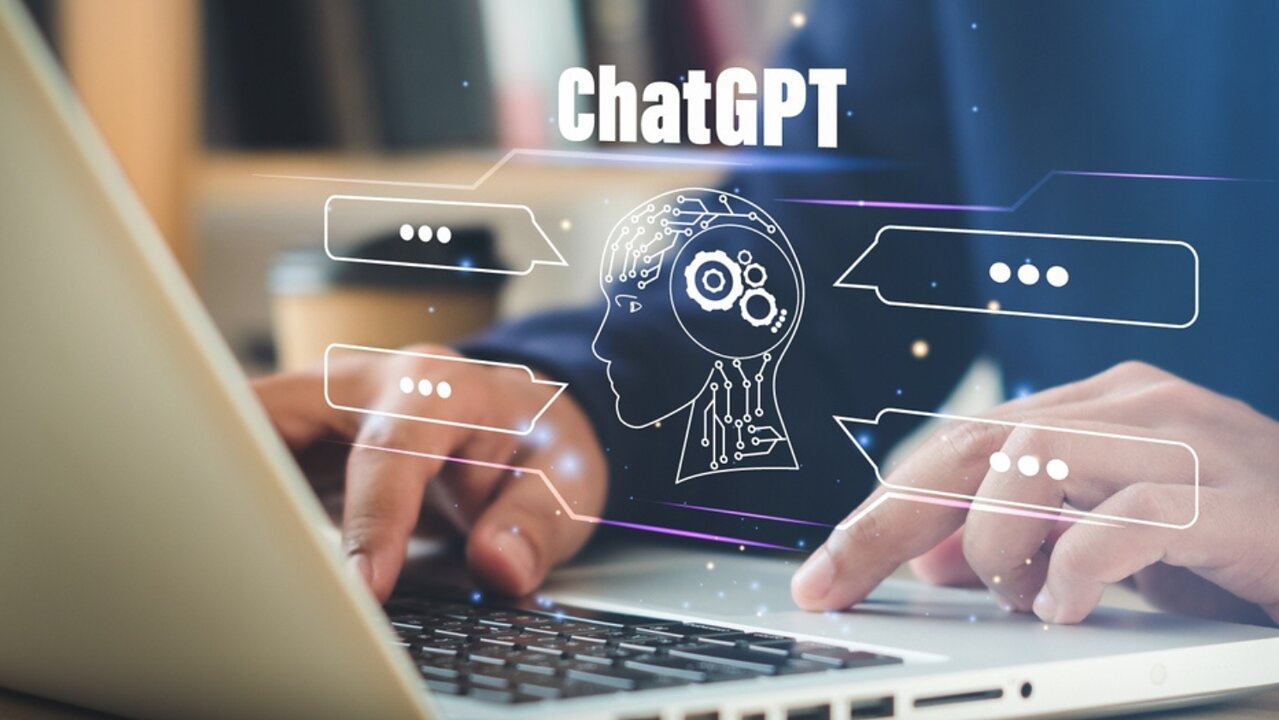
Our simple reply: ChatGPT is not SEO’s future. However, ChatGPT will likely have an impact on how searches are conducted in the future. Before discussing what that means for SEO, let’s go back in time.
The public can use ChatGPT, a chatbot created by the Open AI project. ChatGPT employs artificial intelligence to provide responses that are conversational and human-like after being given a query or cue. ChatGPT has the ability to study, translate content, write essays, and more.
Although Google considers ChatGPT to be a danger, it is quite improbable that it will ever completely replace Google. There is no disputing ChatGPT’s impact on the future of search engines, even though it won’t replace Google.
Search engines are looking to integrate AI chatbot technology into the future of search as ChatGPT’s popularity grows. In March 2023, Bing plans to roll out a search engine version that incorporates chatbots. As a result of Microsoft’s investment in OpenAI since 2019, Bing has a competitive advantage over other search engines. Come March, it’s probable that Bing may gain some ground again, at least until Google introduces a chatbot-enabled search engine later that year.
What does this mean for SEO and organic rankings? We can’t be 100% sure until Bing, Google, and other search engines roll out their own versions of chatbots. What we can be sure of is why users love chatbots. Simply put, chatbots use artificial intelligence and natural language processing to gather information and package it in a way that reads naturally to the everyday user. It may be surprising to some that Google already uses machine learning and natural language processing in their search engine today called MUM.
We have the same reaction to ChatGPT and other chatbots as we did when Google first introduced MUM. We can stay ahead of the curve when it comes to writing for SEO by producing high-quality material that flows smoothly. People frequently use ChatGPT to find straightforward instructions on how to do tasks or resolve issues.
With that in mind, SEO strategy for small businesses may start to focus on more top-of-the-funnel informational content, which is largely found in blog posts and incorporating frequently asked questions into the content. As a whole, Google continues to push for sites to create helpful content with the user in mind, as made clear by the series of updates dubbed the Helpful Content Updates.
AI-generated content is not new; it is simply more available and popular than ever. Many website owners are eager to employ ChatGPT to produce content. Although it might appear like a simple solution, it has a cost. ChatGPT may, at its best, direct you to more compelling content; at its worst, Google may find out and deindex the site. It requires a significant amount of human intervention and editing in order to use AI content for search ranking efficiently.
While AI content may be beneficial in some marketing contexts, it might not be as welcoming in search. In order to promote “more original, helpful content written by people, for people” in search results, Google asserts that Helpful information updates are explicitly targeted. In light of this, we do not advise using ChatGPT to create content, especially if you want to rank in search.
It’s simple to see how technology will advance in the future and conclude that we need to invent the wheel. In actuality, chatbots and algorithm change only aim to return content to its original purpose before SEO took center stage: providing readers with actual, helpful stuff. Over-optimization of content has become more widespread in recent years. Instead, because that is where the future is going, Blue Corona is devoted to creating content that is first and foremost optimized for the user and subsequently the search engine.
Recent Comments